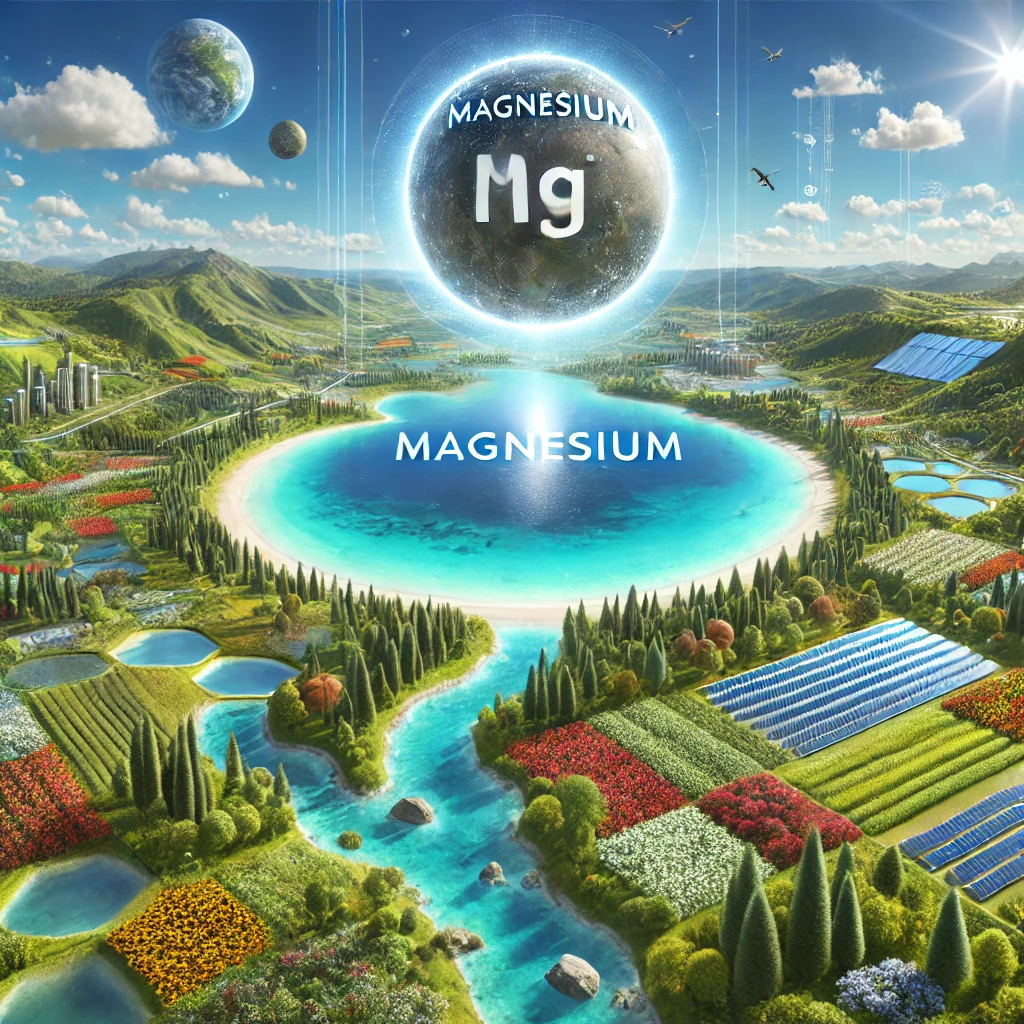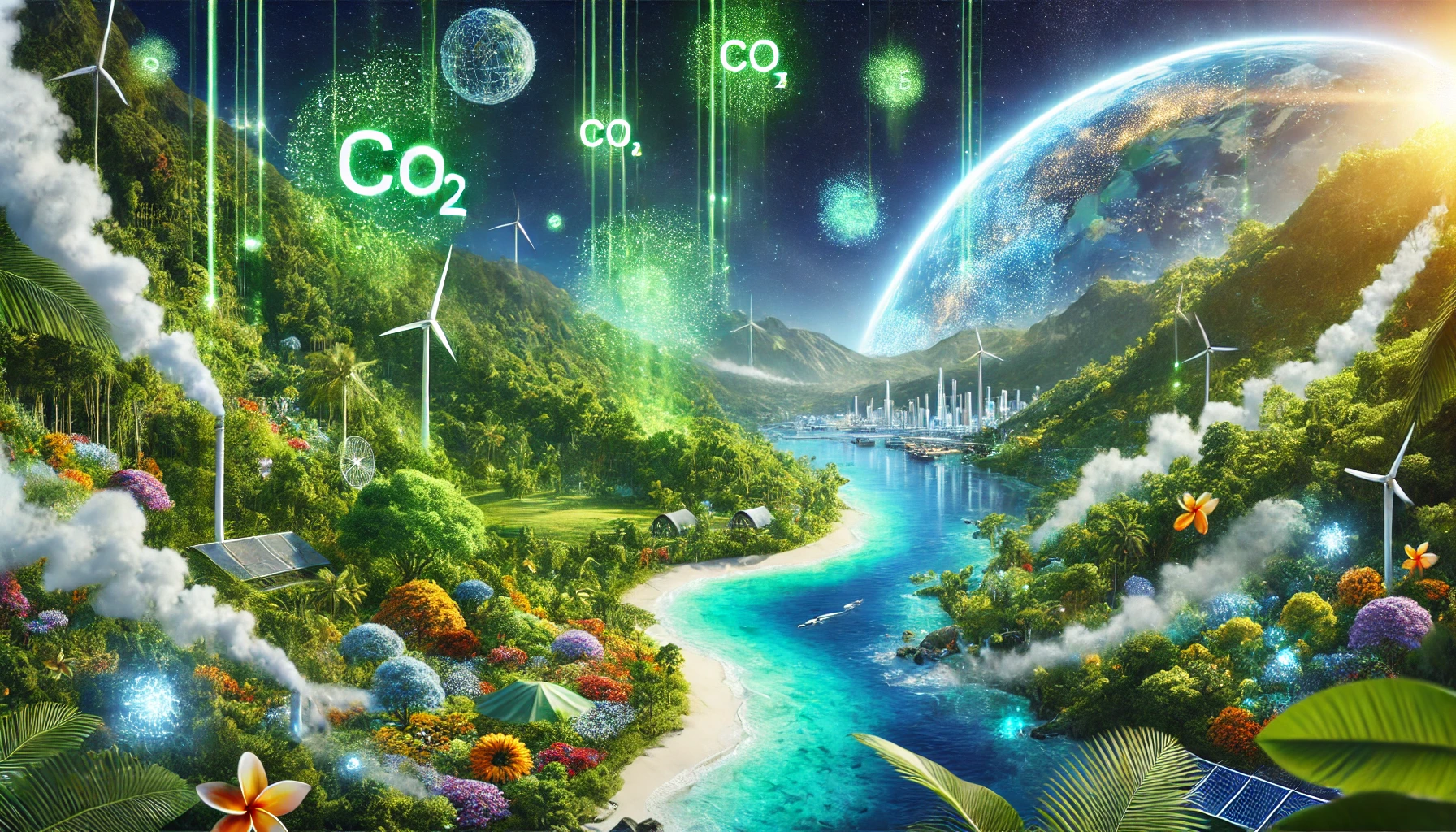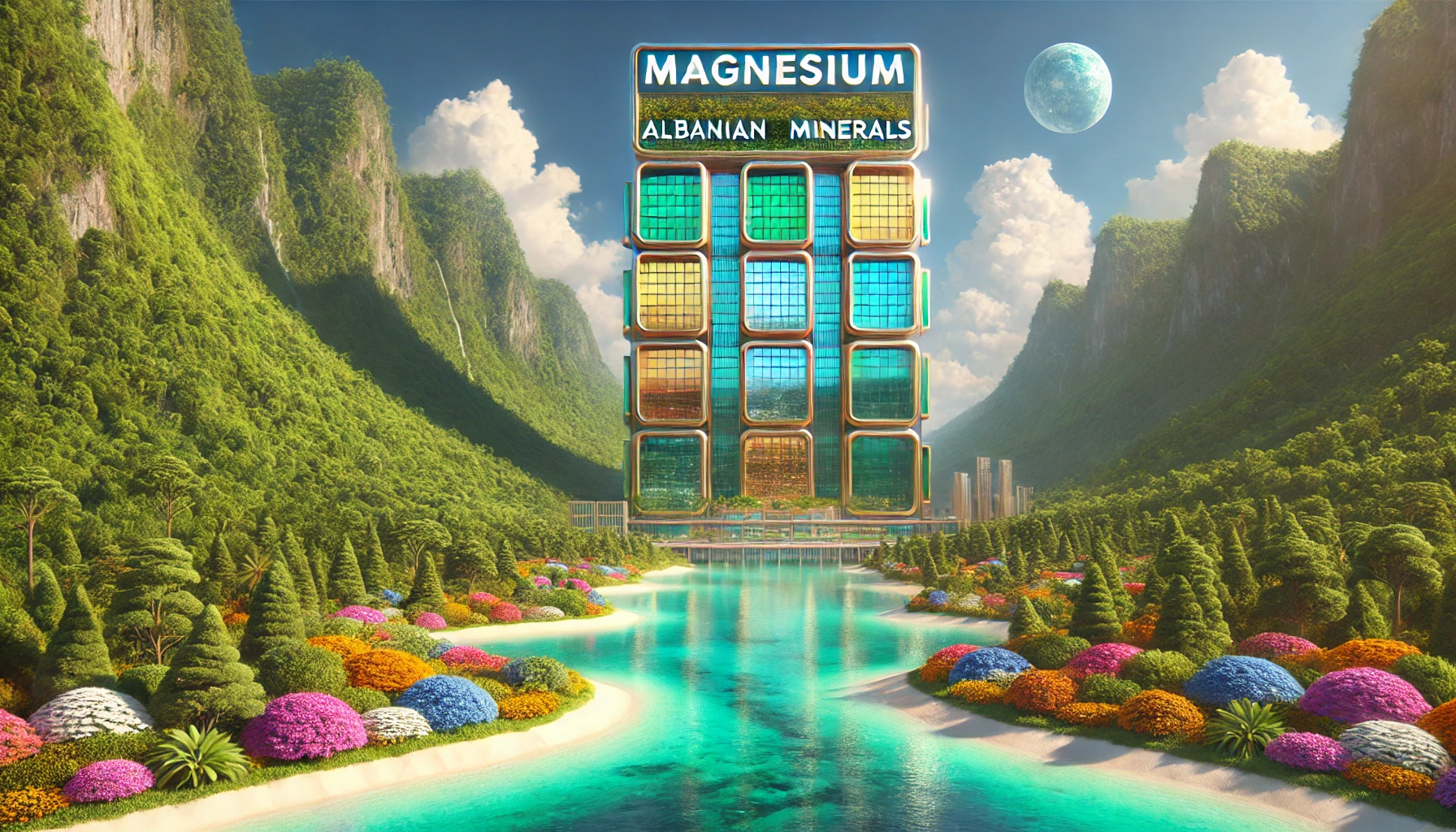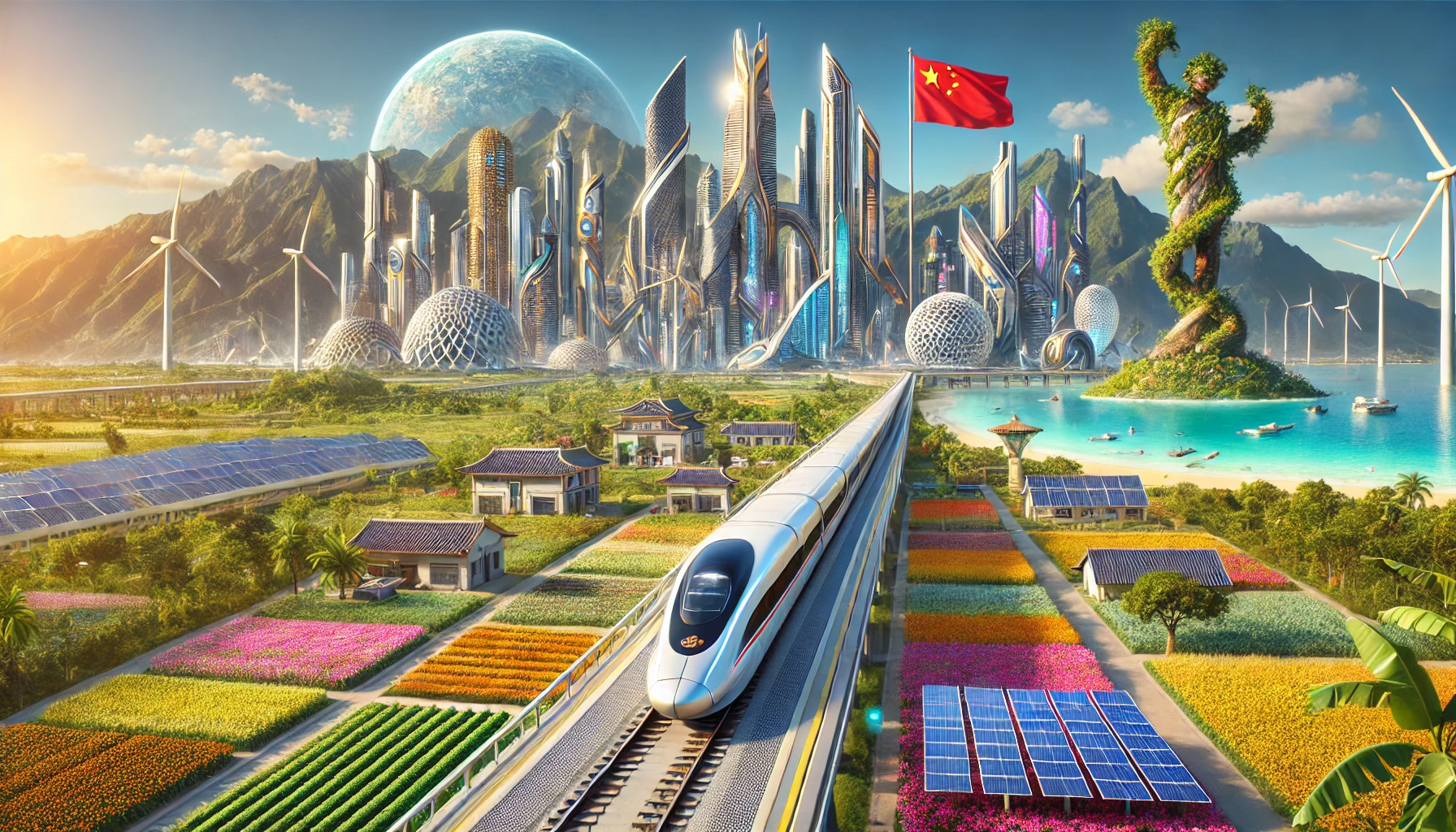
Amazon, a name now synonymous with innovation, has long since evolved beyond its digital storefront roots. Today, it stands as a beacon of progress in the fight against climate change, leading the charge toward a greener, more sustainable future. As the world’s largest corporate purchaser of renewable energy for an unprecedented five consecutive years, Amazon’s dedication to cleaner energy is nothing short of transformative.
More than just a corporate giant, the company is positioning itself as a pivotal force in reshaping the global energy landscape. With an unwavering commitment to achieving net-zero carbon emissions by 2040, Amazon’s mission resonates far beyond the confines of boardrooms or business strategies. It is a testament to the power of bold action and unrelenting vision.
In its relentless pursuit of sustainability, Amazon has backed over 600 renewable energy projects worldwide—each one a cornerstone in the grand structure of a carbon-neutral tomorrow. These initiatives span continents and ecosystems, from the wind-swept plains of Poland to the sun-drenched deserts of India. Amazon’s reach is vast, and its impact profound. The energy generated by these projects is more than a statistic; it is the beating heart of change, powering millions of homes and helping communities pivot from reliance on fossil fuels toward a more sustainable, renewable future.
But the scale of Amazon’s renewable projects isn’t the only thing that sets it apart. The company understands that it’s not enough to simply build solar farms or wind turbines. True progress lies in the strategic placement of these initiatives, positioning them in areas where they can achieve the greatest environmental benefits. For example, in India, where fossil fuels continue to dominate the energy grid, Amazon has invested in nine utility-scale solar and wind farms, strategically placed to offset an astonishing 55 times more carbon emissions annually than projects situated in regions with already low emissions. Such efforts are a testament to Amazon’s deep understanding of how location and timing can amplify the power of renewables, helping to reduce emissions more efficiently in regions most in need.
Through these projects, Amazon is championing what’s known as carbon matching, a vital practice that focuses renewable energy development in regions that have the highest carbon footprints. It is a calculated approach—one that recognizes the urgency of addressing climate change in regions that rely heavily on fossil fuels.
Mississippi, Louisiana, and South Africa are just a few examples of areas where Amazon has made strategic investments, helping these communities not only transition to cleaner energy but also driving economic growth and creating thousands of jobs in the process. Amazon’s renewable energy ventures go far beyond mere power generation. They are the building blocks of a more resilient economy, one that is anchored in sustainability and long-term prosperity.
Yet, even with such progress, Amazon knows that the path to decarbonization is not without its challenges. The sun does not always shine, nor does the wind always blow, which is why Amazon is investing in cutting-edge technologies like energy storage and energy firming solutions. These innovations ensure that the renewable energy Amazon helps create is reliable, consistent, and capable of meeting the demands of a modern, electrified world. By partnering with companies like AWS, Amazon is accelerating the development of artificial intelligence-driven tools that optimize the construction of solar farms, enabling faster, more efficient deployment.
As Amazon continues to expand its footprint in the renewable energy sector, its commitment to collaboration remains steadfast. The company understands that the transition to a sustainable, carbon-neutral world requires collective action from governments, utilities, and other corporate leaders. By fostering partnerships and advancing public policies that support renewable energy, Amazon is creating a future where clean energy is not just an ideal, but an attainable reality.
In the end, Amazon’s journey towards sustainability is more than just about powering homes or reducing emissions. It’s about ensuring that future generations inherit a world that is thriving—where economic growth, energy security, and environmental stewardship exist in harmony. It’s a future that is brighter, cleaner, and more equitable, and Amazon is determined to help lead the way.
Sahit Muja, CEO of Albanian Minerals, underscored the immense potential of the Amazon’s commitment as a remarkable story and a pivotal step in the global transition toward a sustainable future. He emphasized that in order to catalyze the green revolution, more investments must be channeled into the mining sector.
Sahit Muja said, “In the monumental shift toward a low-carbon world, the role of minerals and rare earth elements has never been more critical. These elements are the invisible yet indispensable catalysts driving the global transition to clean energy, a force that underpins the green revolution. The growing need for their sustainable extraction is clear, as these minerals form the backbone of technologies that mitigate climate change. From electric vehicles to renewable energy systems, and the power grids that sustain them, minerals like lithium, cobalt, copper, and nickel, alongside rare earths such as neodymium and dysprosium, are essential. Yet, as the world accelerates its green transformation, a critical supply-demand gap has emerged, threatening the ambitious climate goals set by global leaders.
The urgency of addressing this gap cannot be overstated. As demand for critical minerals escalates, the mining industry must ramp up production—especially of rare earth elements, vital for low-carbon technologies. Projections show that mineral supply will struggle to keep pace with rising demand, creating a risk to the global energy transition. To avert this, a diversified approach to sourcing and extraction is essential. The industry must look beyond traditional suppliers, ensuring a more resilient, sustainable global supply chain. This is not only an economic necessity but also a geopolitical imperative, as many of these crucial resources are concentrated in specific regions, with China currently dominating rare earth production. Diversifying production and securing alternative sources are key to mitigating risks and ensuring stability in the green revolution’s supply chain.
The challenge ahead is daunting, but solutions are taking shape. Initiatives like the “Securing Minerals for the Energy Transition” (SMET) highlight the need for collaboration among regulators, financial institutions, and industry leaders to foster a circular economy approach, promote innovation in financing models, and address the societal impacts of mineral extraction. Ensuring that these minerals are extracted in a socially responsible and environmentally conscious way is a critical step in preserving the integrity of the energy transition.
Electric vehicles are leading the charge in this shift, and the demand for critical minerals, especially nickel, is soaring. This shift is not merely a trend but a transformational leap, reshaping how society approaches mobility and energy storage. Albanian Minerals, with its focus on eco-friendly metal grades, is strategically positioned to lead in supplying these critical materials. Their reserves of nickel, magnesium, and cobalt, essential for energy storage and battery industries, place them at the forefront of the green transition.
Nickel, in particular, stands out as the “green gold of the future.” With its superior energy density and cost-effectiveness, it plays a central role in the development of batteries for electric vehicles. As industry leaders like Tesla emphasize, the demand for nickel will only increase as electric vehicle production scales up. While lithium is often considered the primary mineral for batteries, the pivotal role of nickel in reducing range anxiety and lowering costs cannot be overlooked. Its importance in realizing a sustainable transportation future is undeniable.
Yet, the green revolution also introduces a paradox: while technological advancements promise a brighter future, they also intensify competition for finite resources. The challenge will be managing these resources responsibly, ensuring that the supply meets the increasing demand, and preventing a slowdown in the energy transition. The race to secure the minerals of the future requires global collaboration, effective risk management, and a clear strategy to ensure that the green revolution remains on track.
In conclusion, the green revolution is not just about adopting new technologies; it is about securing the minerals that fuel them. From the metals that power electric vehicles to those that support renewable energy, the global energy transition hinges on a steady, sustainable supply of critical minerals. By embracing innovation, fostering international cooperation, and addressing the environmental and social challenges of mineral extraction, we can ensure that the world moves toward a low-carbon future. Leaders and companies like Albanian Minerals are guiding the way, providing a vision of how we can achieve a prosperous, sustainable world for generations to come”.

 Sahit Muja: The Green Alchemist in Pursuit of a Trillion-Dollar Legacy By the time the world realizes his name is etched into the future, Sahit Muja will…
Sahit Muja: The Green Alchemist in Pursuit of a Trillion-Dollar Legacy By the time the world realizes his name is etched into the future, Sahit Muja will…
 Sahit Muja: The Albanian Visionary Who Is Reimagining the Future of Earth In the rolling emerald valleys of the Albanian Alps, where tradition and resilience pulse through…
Sahit Muja: The Albanian Visionary Who Is Reimagining the Future of Earth In the rolling emerald valleys of the Albanian Alps, where tradition and resilience pulse through…

























9fre78
aq993y
86pu77
nth9rn